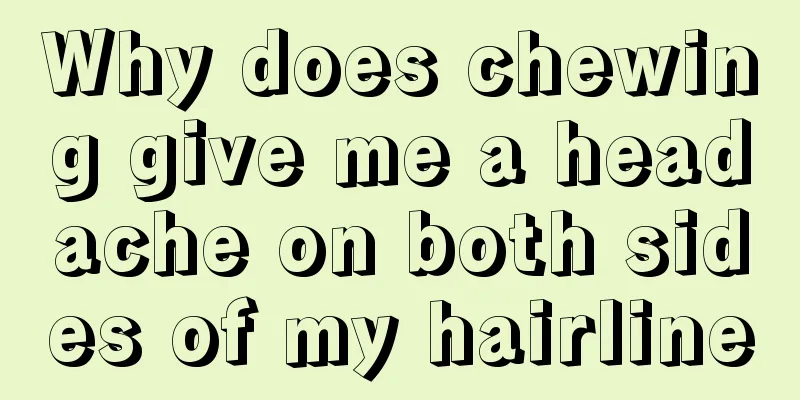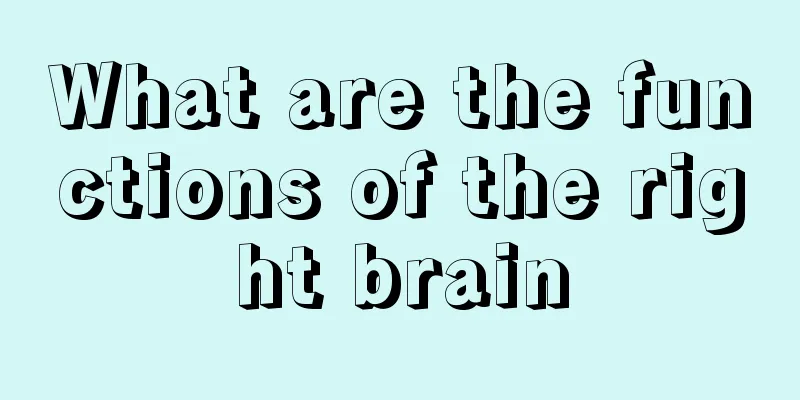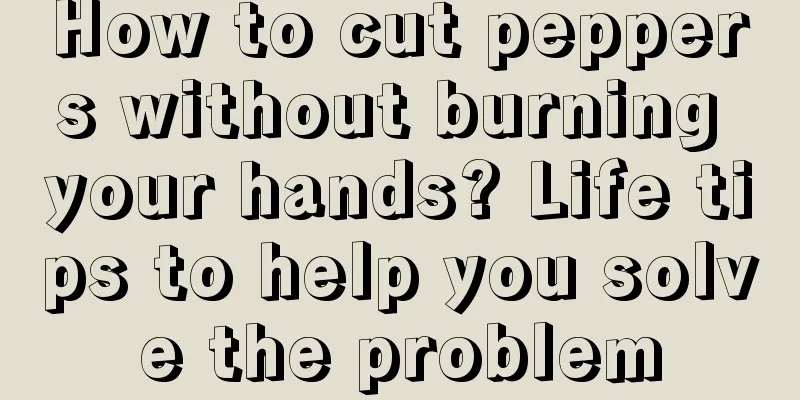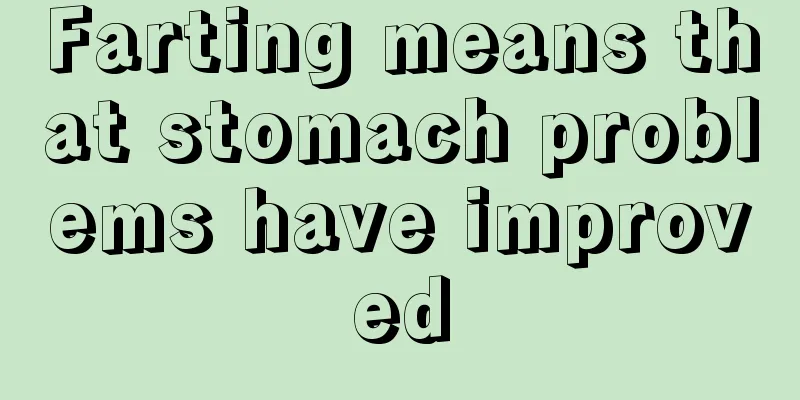Why does chewing give me a headache on both sides of my hairline

|
If you feel pain on both sides of your hairline when chewing, you may have mandibular arthritis, because inflammation often causes this kind of pulling pain. It is best to go to the hospital for examination to find out the specific location of the pain. You can go to the neurology department or dentistry department of the hospital for examination. In addition, it should be noted that this is related to crooked teeth and poor bite. What is temporomandibular arthritis Temporomandibular arthritis (TMJ), a condition of the joint where the jaw connects to the ear, is also a common source of pain. Place your fingers in front of the ear canals on both sides and open your mouth wide, and you will hear a sound similar to splitting. Symptoms of TMJ arthritis are very common. These include local joint pain, ear pain, headache, noise and pain when chewing, and are accompanied by pain in various muscles. The ability to open the mouth is limited, and swallowing food is sometimes difficult. Causes Crooked teeth Difficulty in moving the jaw up and down easily may be caused by "misaligned" teeth (what dentists call a bad bite). So the treatment is to make the teeth bite correctly. If your teeth don't fit together properly, it can lead to TMJ. But this is not absolute. Many people have a good bite but suffer from TMJ, while many people do not have TMJ despite crooked teeth. Muscle Imbalance Another cause of TMJ is muscle imbalance. Correction of the bite can help, and the use of mirrors and biofeedback can also relieve symptoms. A muscle imbalance may be caused by the mouth opening to one side. The correct way to open and close your mouth, bite or chew is to let the lower jaw rise and fall along the midline, rather than forcing it to the left or right. In TMJ, a grinding sound or crepitus may be heard when the patient opens his mouth to one side instead of along the midline. This sound is caused by expansion of the joint or wear of the membrane, indicating that the muscles pulling the jaw are not functioning properly and the movement of the jaw is unbalanced. If this is the cause of muscle imbalance, bite correction is necessary. Muscle imbalances can also have other causes. Often people with TMJ will clench their teeth or grind their teeth when they are nervous, just as some people rub their fists and sweat their palms when they are nervous. The more uncomfortable they feel, the tighter they bite; the tighter they bite, the more severe the pain; the more severe the pain, the more anxious they feel and the more nervous they become, which in turn makes them bite tighter, forming a vicious cycle. TMJ patients may also grind their teeth during sleep. |
<<: The efficacy and function of Glucoside
Recommend
What are the eyebrow shapes suitable for diamond-shaped faces?
Eyebrows play an important role on our face. When...
Does Zuguangsan have serious side effects?
Athlete's foot is a relatively common disease...
Causes of ovarian tumors
Causes of ovarian tumors The early symptoms of ov...
How much do you know about several common symptoms of colon cancer
Intestinal cancer is a malignant tumor with a hig...
Chronic pancreatic cancer symptoms
If you see a thin person with jaundice on the str...
Is sepsis serious?
Although most people are unfamiliar with sepsis, ...
Details of small cell lung cancer
Small cell lung cancer has a great impact on pati...
Can femoral neck fracture be completely cured?
Can femoral neck fracture be completely cured? El...
What should I do if I don’t have enough physical strength to play basketball?
If you have poor physical strength when playing b...
How is melanoma diagnosed
What are the common diagnostic methods for melano...
How to deal with being pierced by crab claws
Many people like to eat crabs. Crabs contain a lo...
The dangers of facial steamer
A facial steamer is a relatively common electrica...
Nursing measures for gallbladder cancer
Gallbladder cancer is a disease that troubles man...
What to do if the tattoo is broken
Tattooing has become a very popular way of doing ...
What to do with rheumatoid subcutaneous nodules
Beautician is a joint disease, and the pain of rh...









